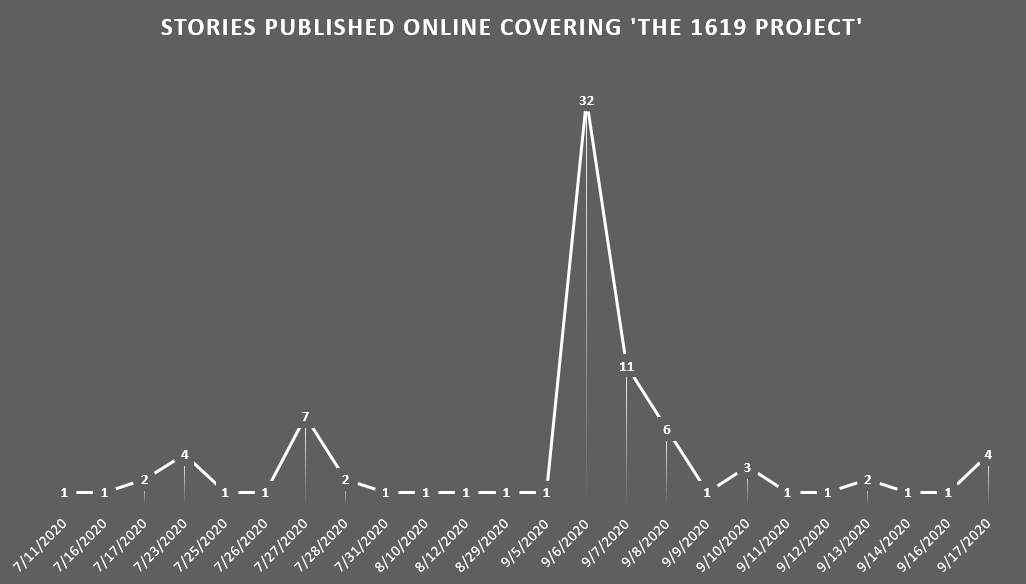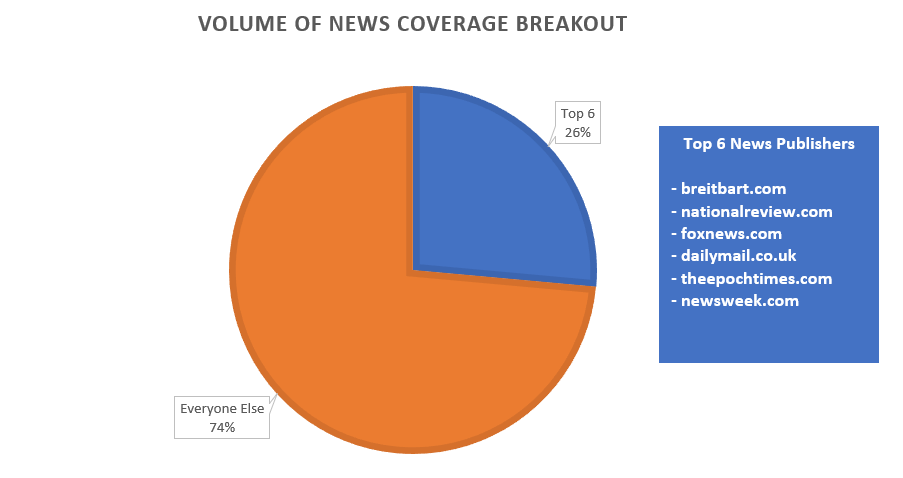How much time are you spending researching the outlining/scripting phase for your podcast?
Having created, hosted, produced, and been involved in numerous podcasts or radio shows for others and myself, I can say the research process can become quite involved at times. And, as we all know, the quality of your finished product will have a direct correlation to the amount of time you invested in preparing for each show. This preparation involves quite a bit of research in many cases.
That means you need to gather all the relevant information you can so you can comfortably, and with confidence, speak about that topic at length. It doesn’t matter whether you can accomplish that last part in as little as 30 minutes or as much as 2-4 hours. What matters is being able to get to the information you need as quickly as possible.
Let’s say you have a 30-minute show. That’s half an hour of airtime you need to fill in some way. Let’s also say, in this hypothetical scenario, that your format is one where you (and probably a co-host) discuss current events. It doesn’t matter whether it’s in sport, politics, entertainment, or another category or industry. You’re covering and providing commentary on things that are happening or have happened recently.
A typical research process involves searching for what you need to know about something online through Google or other search engines and social media platforms. How quickly you can locate the information you need and determine how relevant it is to your show will help determine how much time you have to spend on that one part of creating your show before moving onto actually recording it.
What if you could take a shortcut and avoid going down those rabbit holes of useless information?
Search engines are useful, but there’s so much information being spat out at you. Not all of it is entirely relevant.
Social media platforms can be an excellent source for hot takes, statements made by athletes, politicians, entertainers, or other notable figures you may be covering, but social media platforms are rife with false information and outright fake news.
There’s a reason why you can’t trust everything you read on the internet.
I used to have many of those same issues. Whether my show was about sports, politics, tech, or current events in general – one problem I continuously ran into was the quality of the information I could get to and absorb promptly. Having to spend an hour or more researching relevant information to fill a 12-minute segment (or less in some cases) would only delay when I could be ready to record my show because it was never just one topic I needed to do research and gather news on.
Next thing you know, you’ve spent anywhere from a couple of hours to a dozen or more hours merely doing the necessary research to flesh out your script or outline so you could move onto the next phase in the production process.
Instead of resigning myself to the fact that I would forever be overly dependent on the information search engine algorithms would provide me based on what I’m searching for and leaning too heavily on questionable sources of information and news on social media, I refused. I knew there was value in being able to streamline my research activities. Doing so would help me get to the actual recording part of my shows sooner and alleviate a ton of stress around spending so much time doing one thing while trying to stick to a consistent publishing schedule.
My whole goal was to spend less time researching, still get all the information I needed, and spend more time recording, publishing, promoting, and moving onto the next one.
To accomplish that, I decided to help create and co-found a news media company that brings transparency to the digital news world. And would also make researching the news that much easier. Konsume.com helps bloggers, journalists, podcasters, and other media professionals gain insight into topics and trends that matter to them.
You’ll be able to very quickly see what is trending in the news that day, that week, and all the coverage in between. If your show is all about covering current events or trending topics, our trending tool will help you with that. If you need to find out exactly what’s being reported on a political figure, sports team, entertainer, or something else entirely, you can use the search tool.
And the same can be said if you want to quickly dive into what specific online news publishers report on and how.
It’s all right there for you. It’s also completely free.
For example, let’s pretend your podcast is one that covers politics, and on your next show you are doing a deep dive into former Vice President Joe Biden and his campaign for president. An initial search on Konsume would already highlight essential information for you. You’ll know right from the top that there have been nearly 5,000 news stories published from almost 400 online news publishers within the last 90 days. You also have a timeline of recent news coverage you’d be able to review quickly.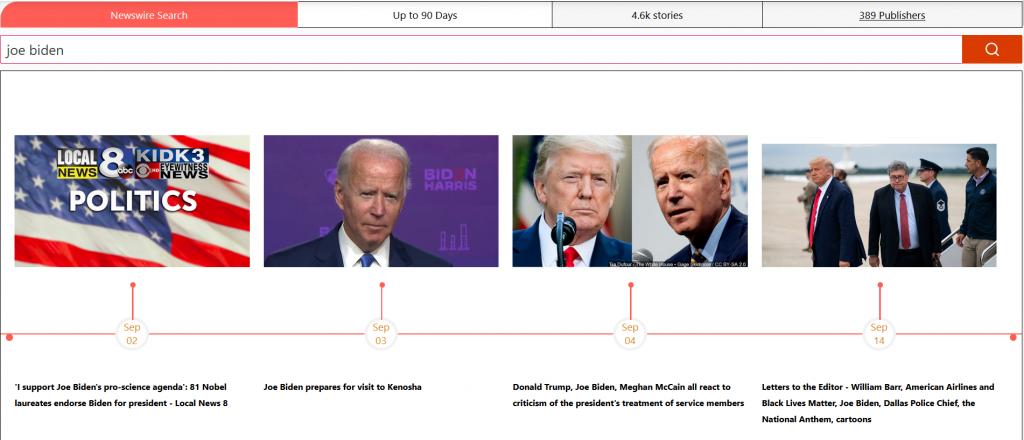
A Google search for “Joe Biden,” for example, would have netted you nearly 200 million results with the top ones being his campaign website and Wikipedia page. That doesn’t exactly tell you much about what he’s been up to lately or what he’s been in the news for.
 Something else that would be immediately available to you is a timeline chart showing you the ebb and flow of news for this particular topic or person.
Something else that would be immediately available to you is a timeline chart showing you the ebb and flow of news for this particular topic or person.

Now you have insight into what recent coverage looks like, the volume and frequency in which coverage is taking place, and how many different online news publishers drive these stories.
While that’s all super helpful, you’re also able to see which online news publications create those news stories quickly. This gives you a bit of a jump on knowing whether certain publications could have a particular bias in their reporting if coverage is largely being driven and over-saturated by one publication and if there’s even any balance.
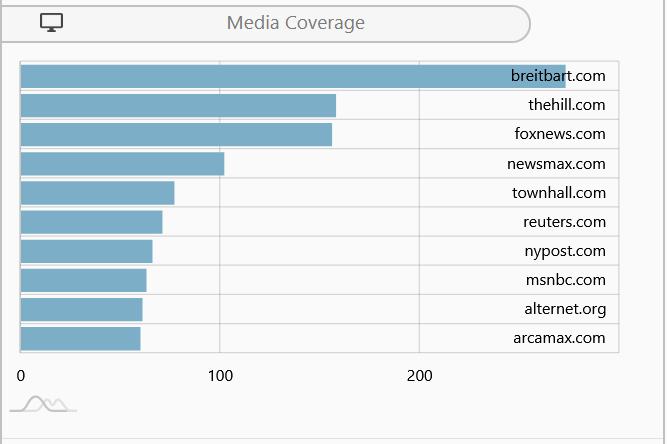 There would be a list of recent stories published you can quickly scroll through. Not only does all of this make it so much easier for you to conduct meaningful research on a specific topic in the news, but it can also be a significant benefit to you when it comes time to think of other topics that are gaining traction online you could potentially cover. There’s also an ‘export’ function on these search results pages so you can download the data and view it in excel or another data visualization tool to take a more in-depth look into practically anything you would want.
There would be a list of recent stories published you can quickly scroll through. Not only does all of this make it so much easier for you to conduct meaningful research on a specific topic in the news, but it can also be a significant benefit to you when it comes time to think of other topics that are gaining traction online you could potentially cover. There’s also an ‘export’ function on these search results pages so you can download the data and view it in excel or another data visualization tool to take a more in-depth look into practically anything you would want.
Go ahead and give it a try for yourself. You might find it a useful tool that helps streamline your research process, if not act as an easy to use ‘idea factory’ for future shows. If you have any questions about using Konsume as a useful research tool or news platform yourself, let me know. I’m happy to answer any questions or help in any way I can. If you’d like to talk about your starting a podcast or growing the one you currently have – I’d love to talk about that too.


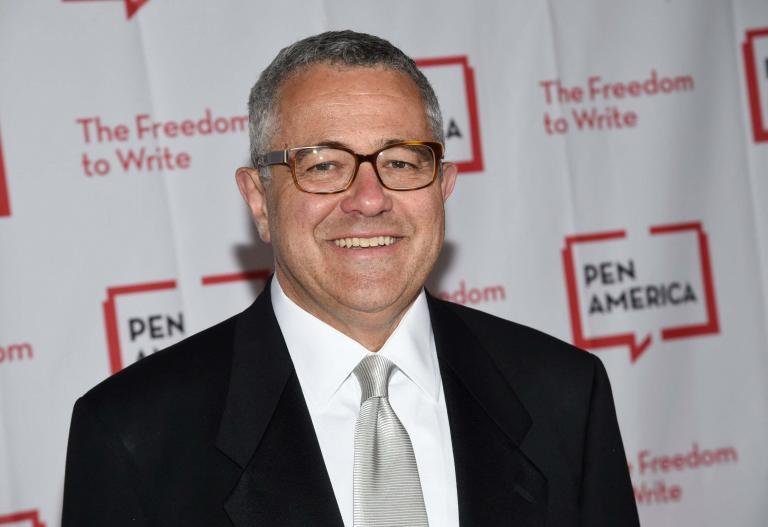
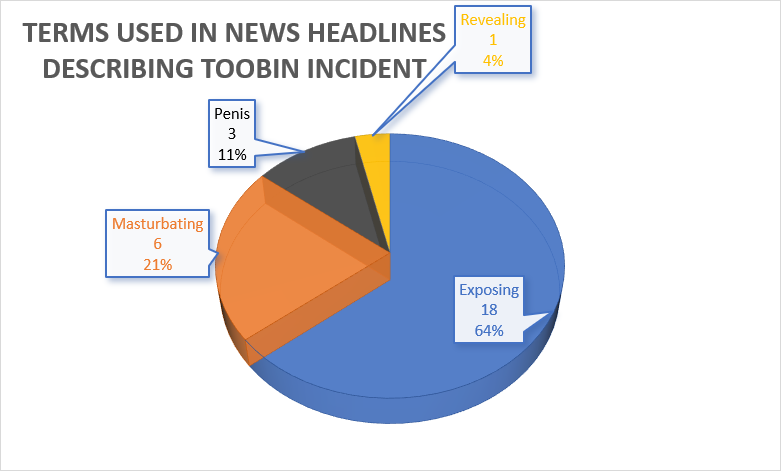






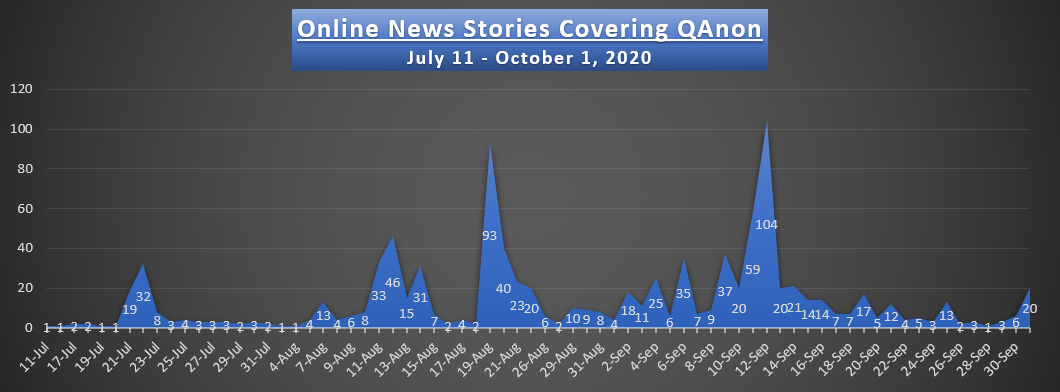
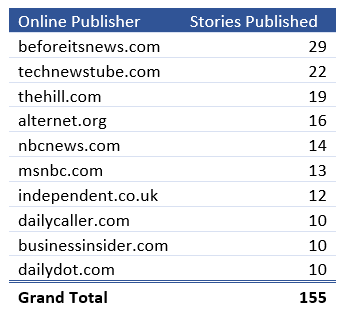 With a recent poll finding that a
With a recent poll finding that a 


 Something else that would be immediately available to you is a timeline chart showing you the ebb and flow of news for this particular topic or person.
Something else that would be immediately available to you is a timeline chart showing you the ebb and flow of news for this particular topic or person.
 There would be a list of recent stories published you can quickly scroll through. Not only does all of this make it so much easier for you to conduct meaningful research on a specific topic in the news, but it can also be a significant benefit to you when it comes time to think of other topics that are gaining traction online you could potentially cover. There’s also an ‘export’ function on these search results pages so you can download the data and view it in excel or another data visualization tool to take a more in-depth look into practically anything you would want.
There would be a list of recent stories published you can quickly scroll through. Not only does all of this make it so much easier for you to conduct meaningful research on a specific topic in the news, but it can also be a significant benefit to you when it comes time to think of other topics that are gaining traction online you could potentially cover. There’s also an ‘export’ function on these search results pages so you can download the data and view it in excel or another data visualization tool to take a more in-depth look into practically anything you would want.
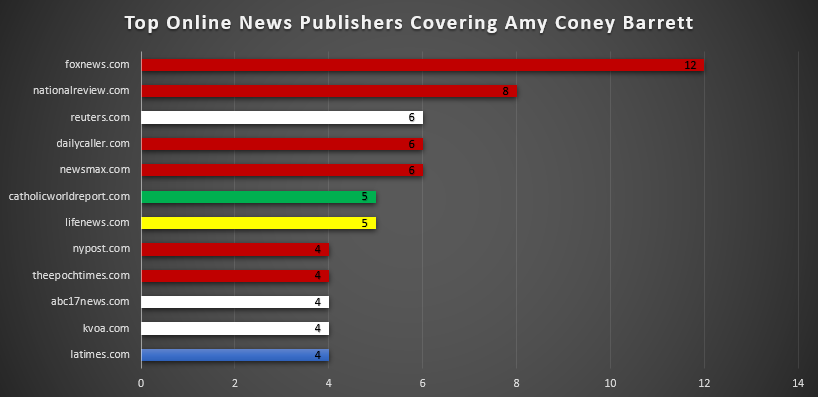
 Soon, the next great news story you read may not be written by an actual journalist. Or even a human being, for that matter. Instead, one day you might read important news content written by artificial intelligence programs that exceed your average journalist’s capabilities. What’s scary? You might not even know it.
Soon, the next great news story you read may not be written by an actual journalist. Or even a human being, for that matter. Instead, one day you might read important news content written by artificial intelligence programs that exceed your average journalist’s capabilities. What’s scary? You might not even know it.
